Uplifting & Empowering the Youth
Making music for the youth is one of Snotty Nose Rez Kids’ first and foremost priorities. These days, the hip-hop duo primarily conducts youth work through conferences and moderated discussions, but following the release of The Average Savage in 2017, it was important for them to “get back to the school that they were raised in and hope for change,” according to Yung Trybez. Events they hosted included performances paired with workshops and conversations with Native youth about mental health and being proud of who they were.
“We did some work at our high school, and people were not very receptive. … [But] we showed up again after we made TRAPLINE, and half the white kids in the crowd were singing our lyrics, word for word,” Yung Trybez recalls proudly. “The school counselor and different teachers came up to us and said that, since we’d been there two years before, the change in the kids’ mentality and how [the Native and white youth] interacted with one another was a world of a difference.”
Like Snotty Nose Rez Kids, Minneapolis-based Anishnaabe and Ojibwe hip-hop artist Tall Paul — who is enrolled in the Leech Lake Band of Ojibwe — is also passionate about working with Indigenous youth.
“We want to be for Native youth what we wished we had growing up: positive role models, father figures, mentors, and so on,” Tall Paul reflects. “I feel that’s how we can contribute to ‘breaking the cycle’ of unhealthiness that plagues our communities. That unhealthiness is rooted in our intergenerational trauma, which stems from European contact, colonialism, boarding schools, and the massive attempted extermination of our tribes.”
What Tall Paul describes as the “unhealthiness” is present in Indigenous communities for the many reasons he listed, yet this work is important because many artists can point to certain events or individuals who influenced their eventual pursuit of the arts. Delbert Anderson — an acclaimed Diné (Navajo) jazz trumpeter, member of the Delbert Anderson Trio, and multifaceted educator and organizer — recalls one crucial day in elementary school when his mind was opened to the possibilities of musical improvisation.
“I was in school in fourth grade, and this trombone player came out, and he turned his music stand around, and he just started to play,” says Anderson, who grew up on the reservation and now resides in Farmington, New Mexico. Up until that point, all of the students had thought that reading sheet music was the only way to play an instrument.
“At the very end … he just started to say, ‘I’m just playing whatever I feel like,’ and he said, ‘This is called improvisation,'” Anderson continues. “And that’s what caught me.”

Along similar lines, interdisciplinary artist and experimental musician Raven Chacon, who often returns to New Mexico to teach youth, likes to begin his classes by showing them the “weirdest stuff” that they can do on the violin or viola. Part of his goal is to illuminate that the Western hierarchy of music — which prioritizes pitch and harmonization as the central, most important parameters of music — is flawed, and that there are additional qualities, like volume, rhythm, and tambour, that are just as significant. More than anything, though, he believes every young person should have the right to experience music.
“Music is something I cannot explain. It’s something that makes all of us so wonderful,” he shares. “It could be that abrasive grating noise, but if you like it, it brings joy to your universe, and every person should be able to do that.”
Chacon stresses that the lack of access to and importance placed on arts education is lacking on reservations — but, more generally, all across the United States and in public schools, as well.
Suzanne Kite agrees. “A lot of our musical ways were forcibly, genocidally taken from the youth, and while a lot of music programs … are always under attack everywhere in this country, I think that they’re basically nonexistent in Indian Country,” she says. “And music is one of the most important things for mental health, in my opinion.”

Diné musicologist, pianist, and writer Renata Yazzie points to the structural difficulties of offering music classes, noting that South Dakota’s Pine Ridge Elementary School just hired its first music teacher.
“One [issue] is just a lack of music education in general, whether that be Western-based music education or cultural-based music education,” says Yazzie. “With lack of education comes lack of instruments, lack of exposure to different kinds of music, [and] lack of financial resources to outsource from off-rez.”
“For the schools that do have music education classes, there is a lack of continuance,” she continues. “Music teachers are really difficult to keep on the reservation … [so] it’s really difficult to get kids to a point where they can move beyond a beginner level on any instrument.”
“For our youth to feel empowered to experience the normalization of their Indigenous identities is incredibly important. It fundamentally comes down to … basic survival,” says Jeneda Benally of Sihasin, who believes music education and youth empowerment are fundamental to well-being. One of her many roles includes being a Co-Founder and Executive Producer of Indigenous YOUth Nation, which was launched in late 2022, and is, according to ICT, “aimed at Native youths in remote locations where radio plays an important role.”
“Since the beginning of time, our ancestors have always thought about the future generations. The decisions that they’ve made were for us today. And it’s our responsibility to make those decisions,” Benally continues. “It’s about ensuring that our future generations have the means and the knowledge and the skills and the resources available, so that way they can continue to make those decisions for their future generations.”
- Introduction
- Defining “Indigeneity” on One’s Own Terms
- Incorporating Tradition in Contemporary Music
- Learning, Preserving & Revitalizing Language
- Focusing on the Land & the Environment
- Raising Awareness Around MMIW/P
- Using Film as a Medium to Elevate the Collective
- Uplifting & Empowering the Youth
- Facing the Challenges of Visibility
- Building Infrastructure for Change
- Dreaming the Future

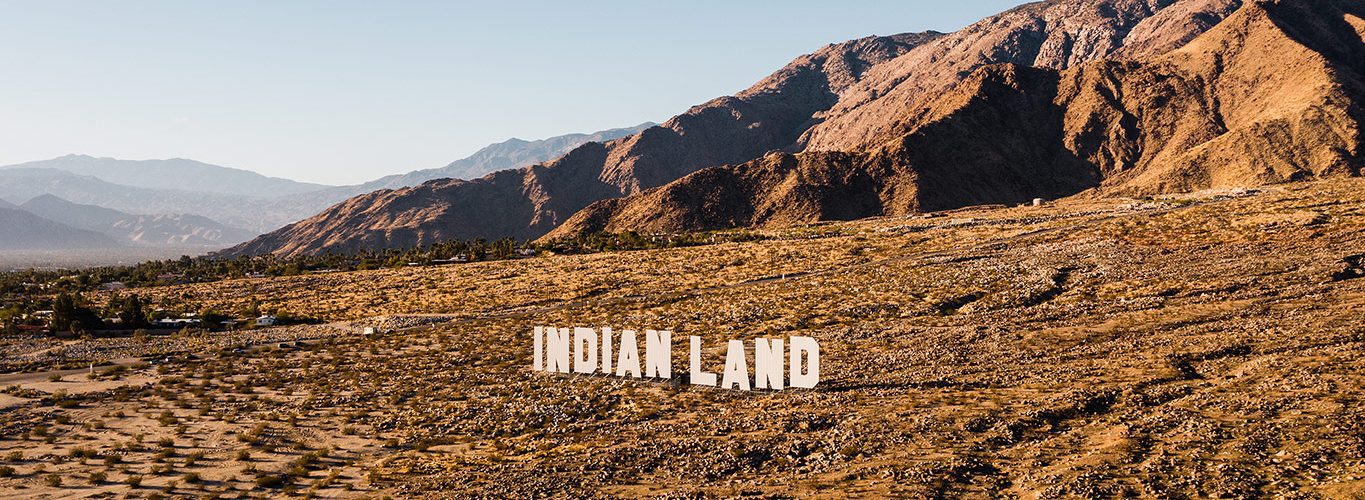

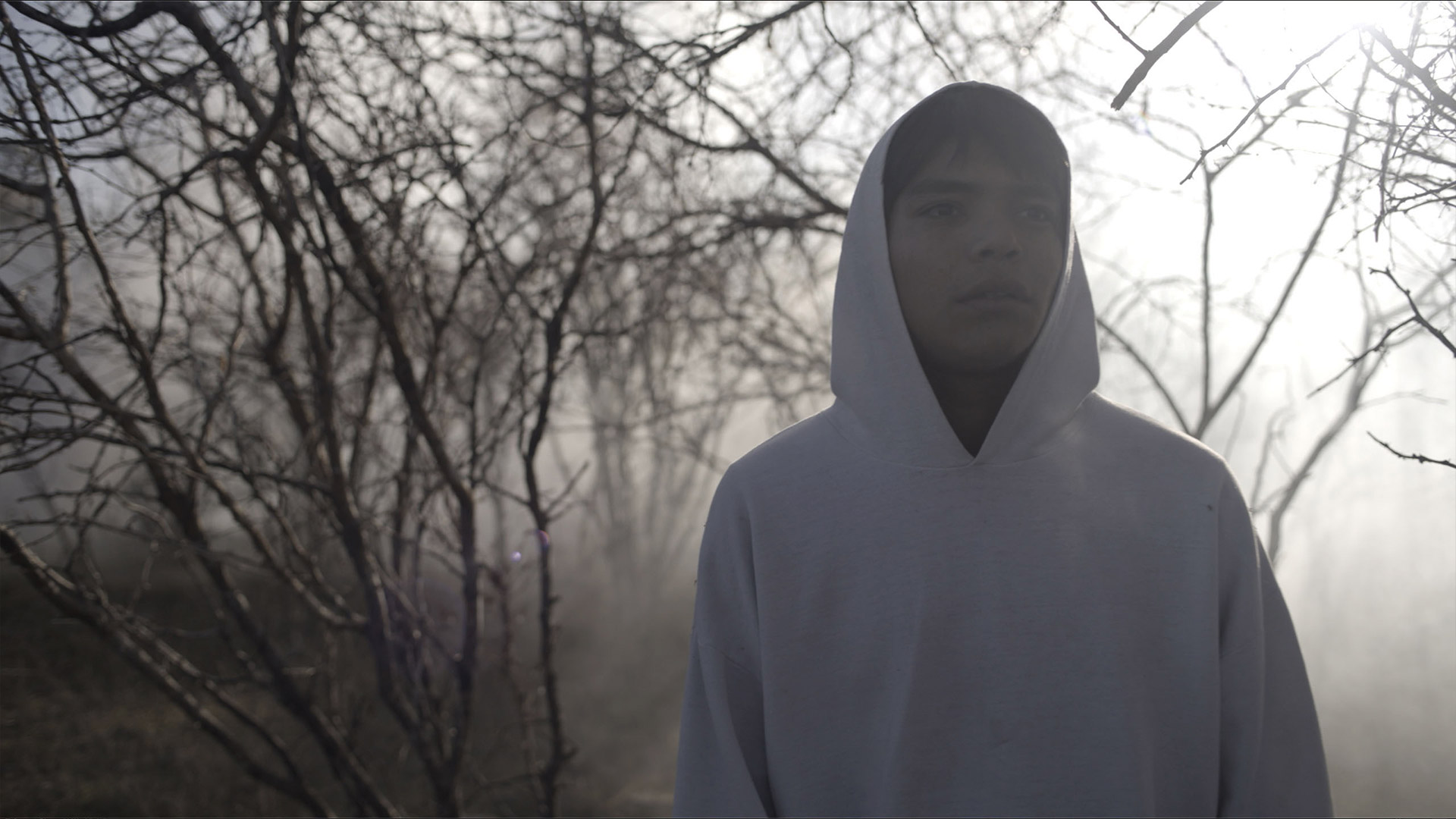
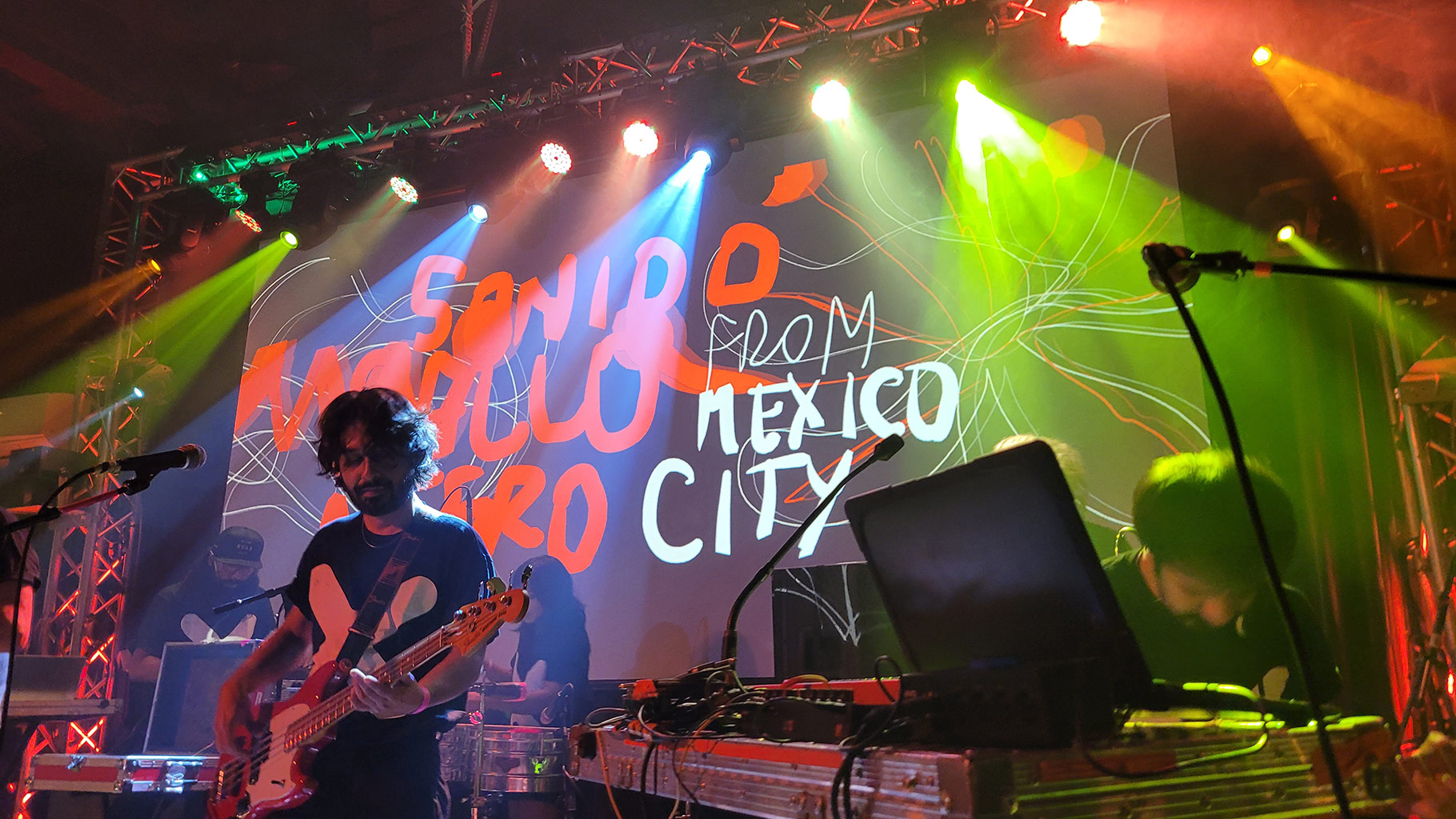
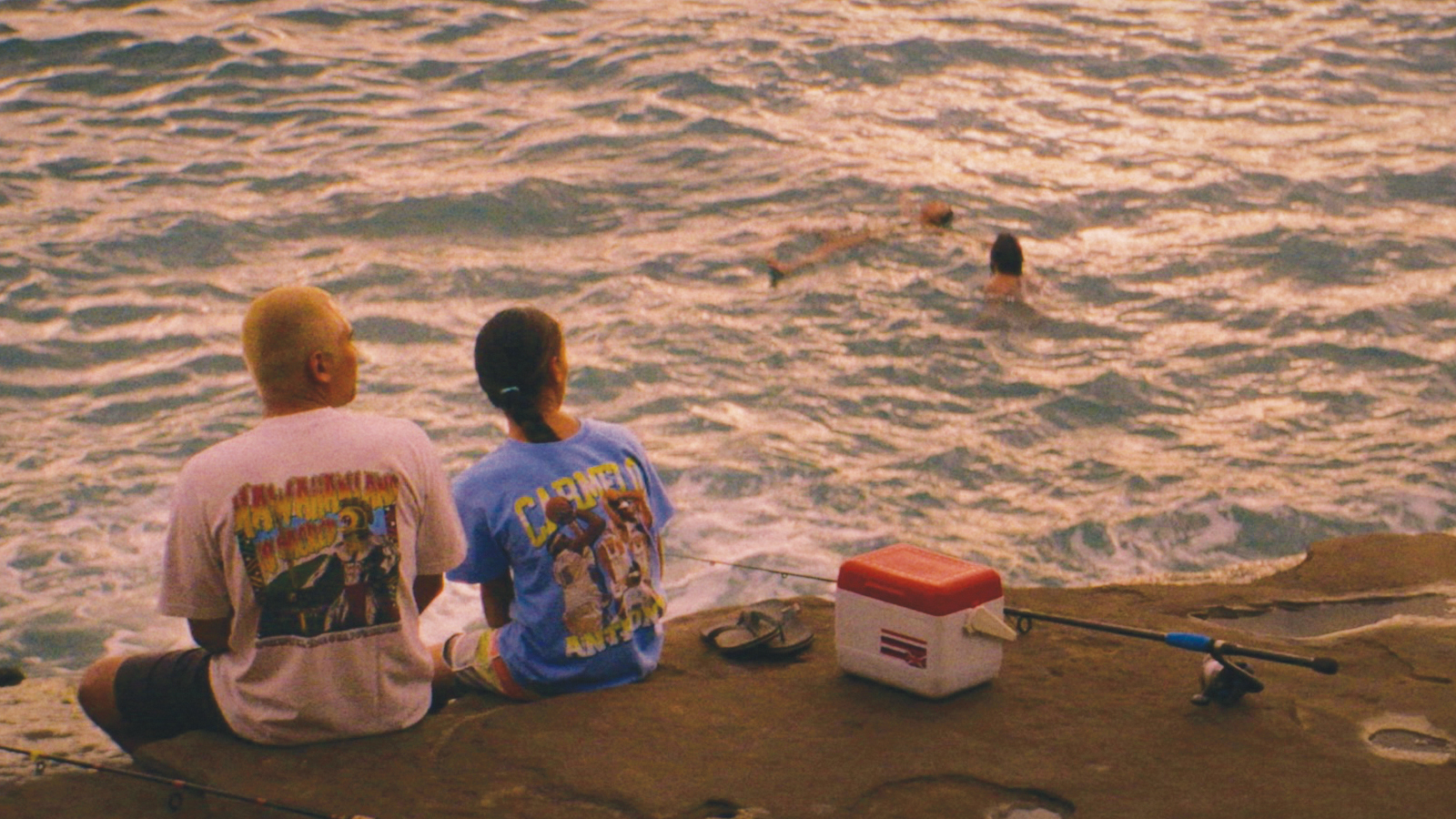
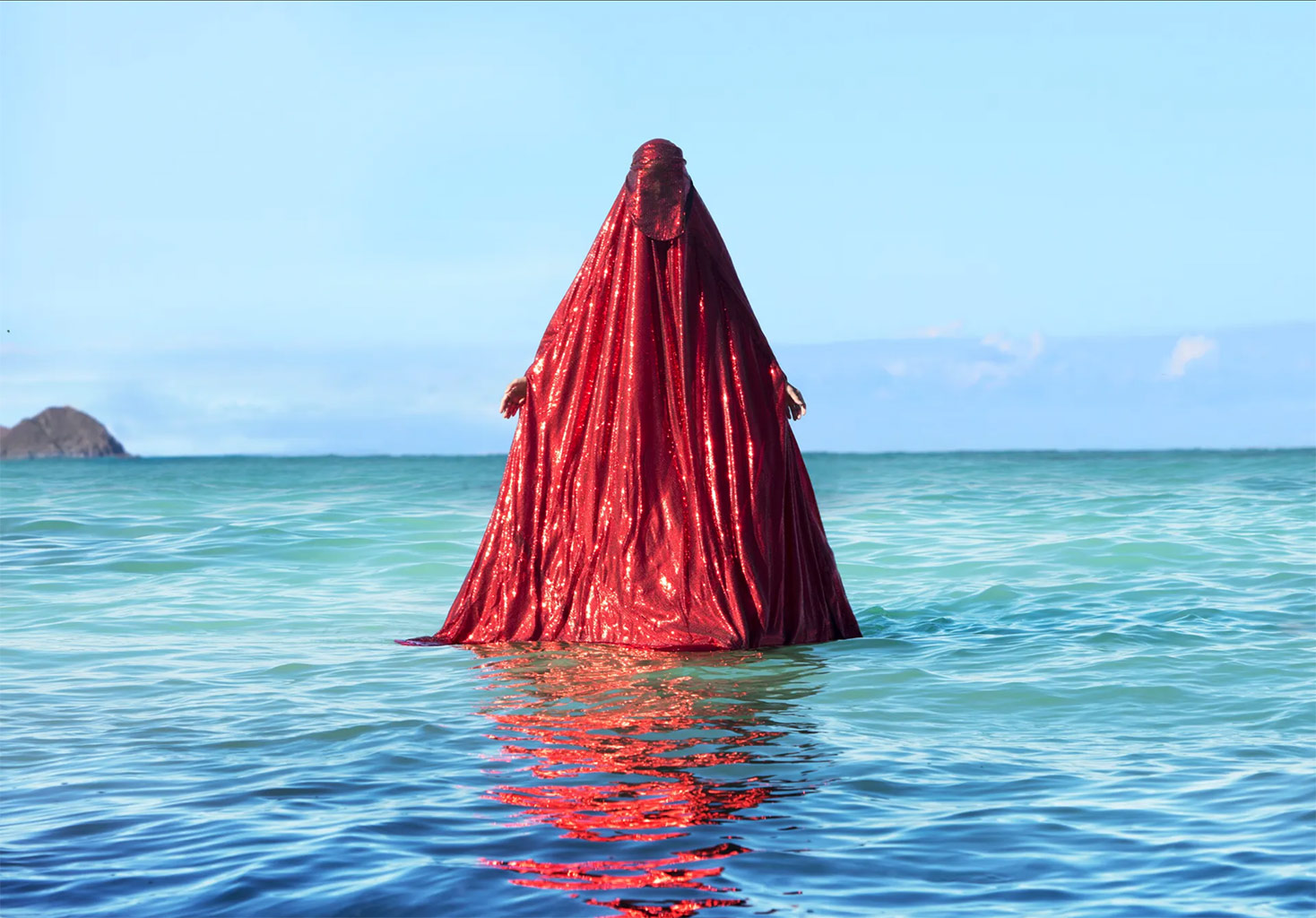
[…] min read29 seconds agoAdd comment I haven’t even stepped foot into the Snotty Nose Rez Kids show, and I already notice a couple things outside the venue. Clearly, the Indigenous fashion is […]